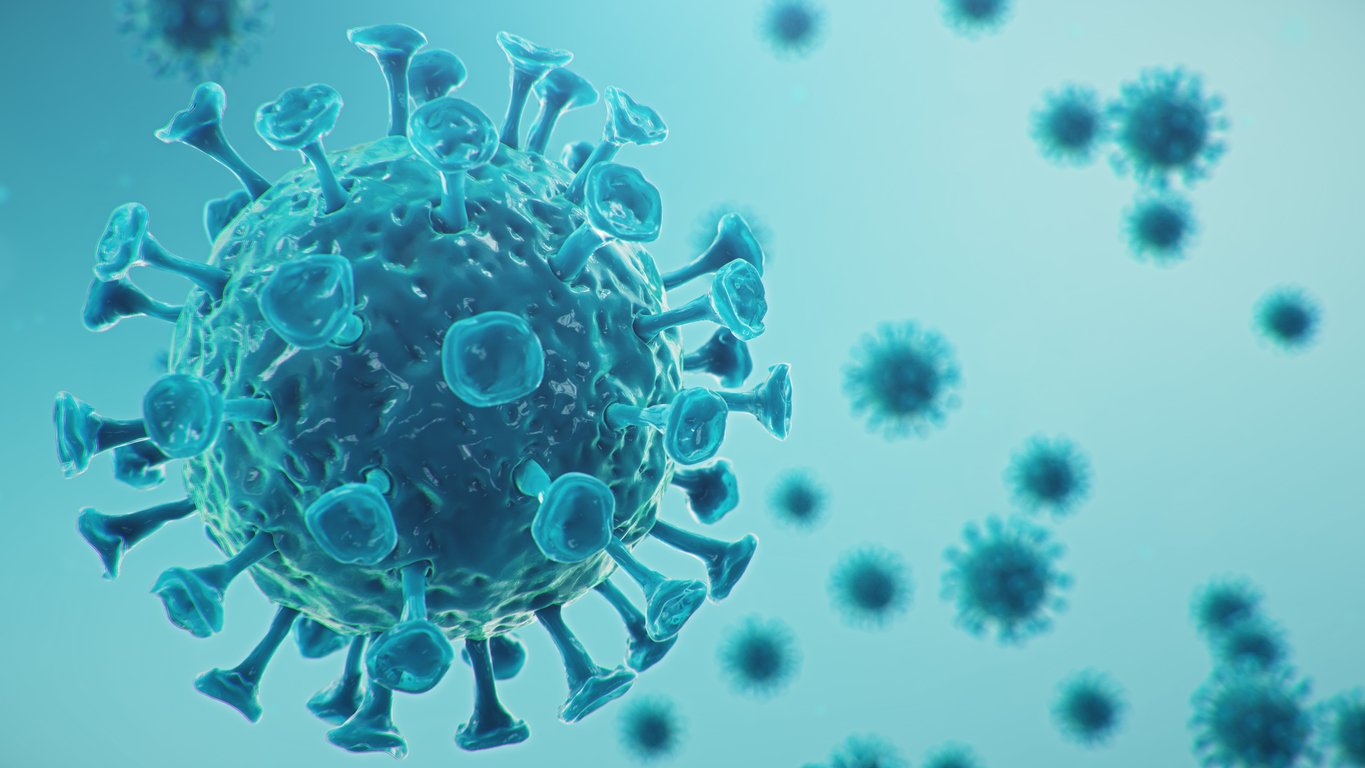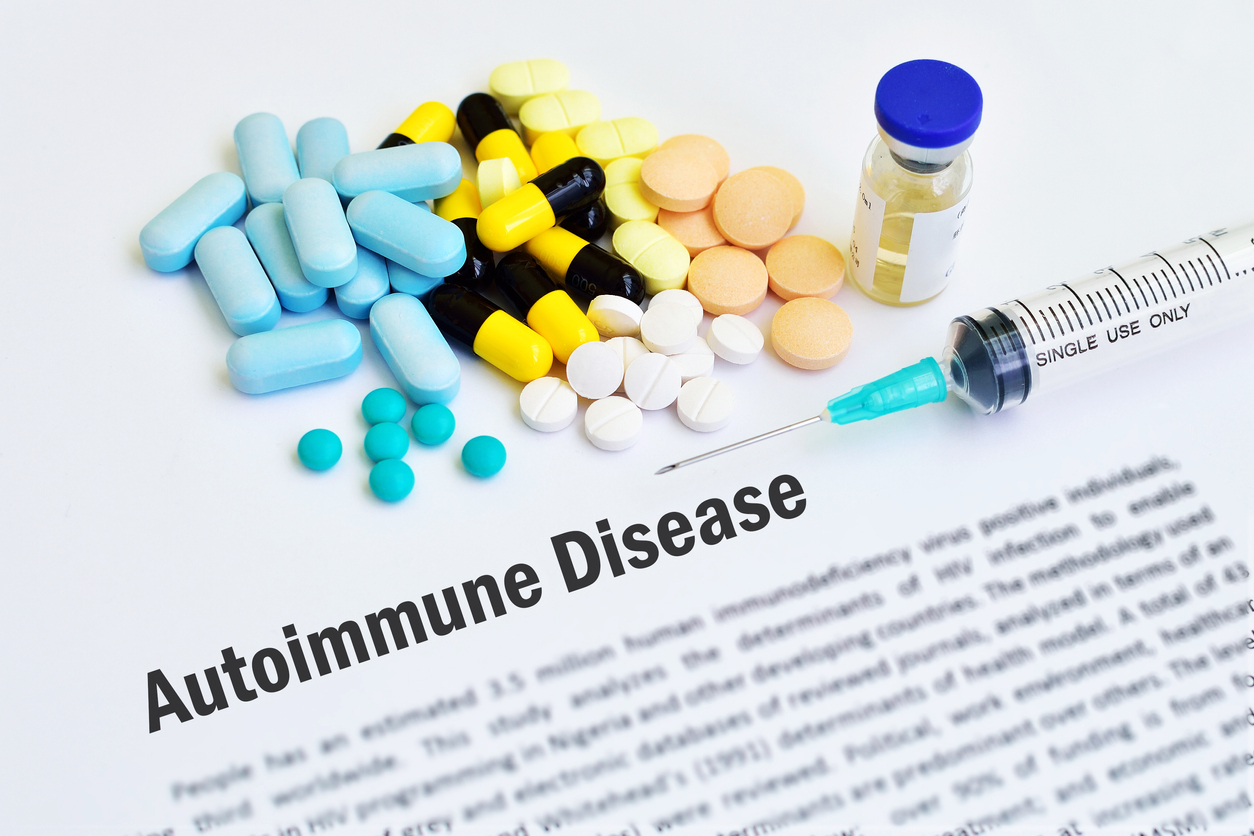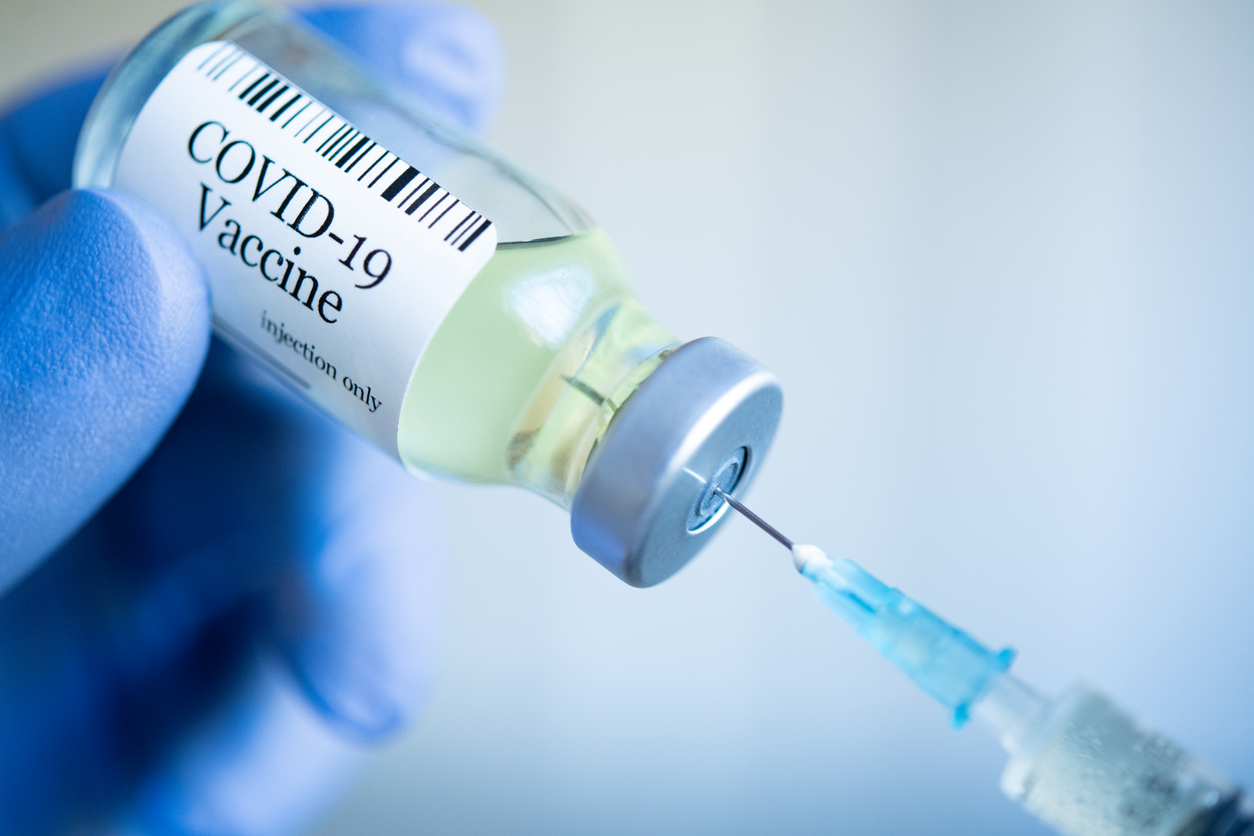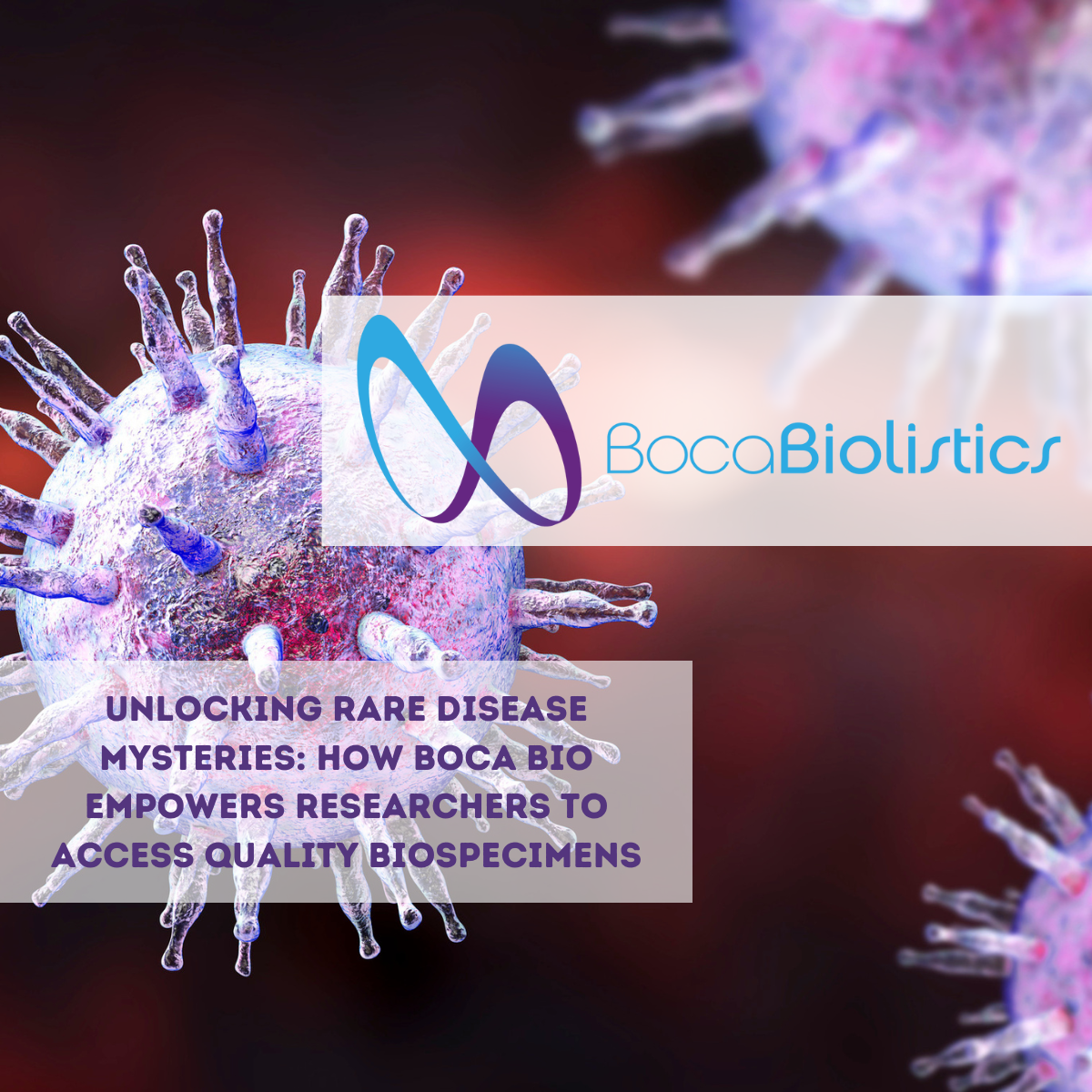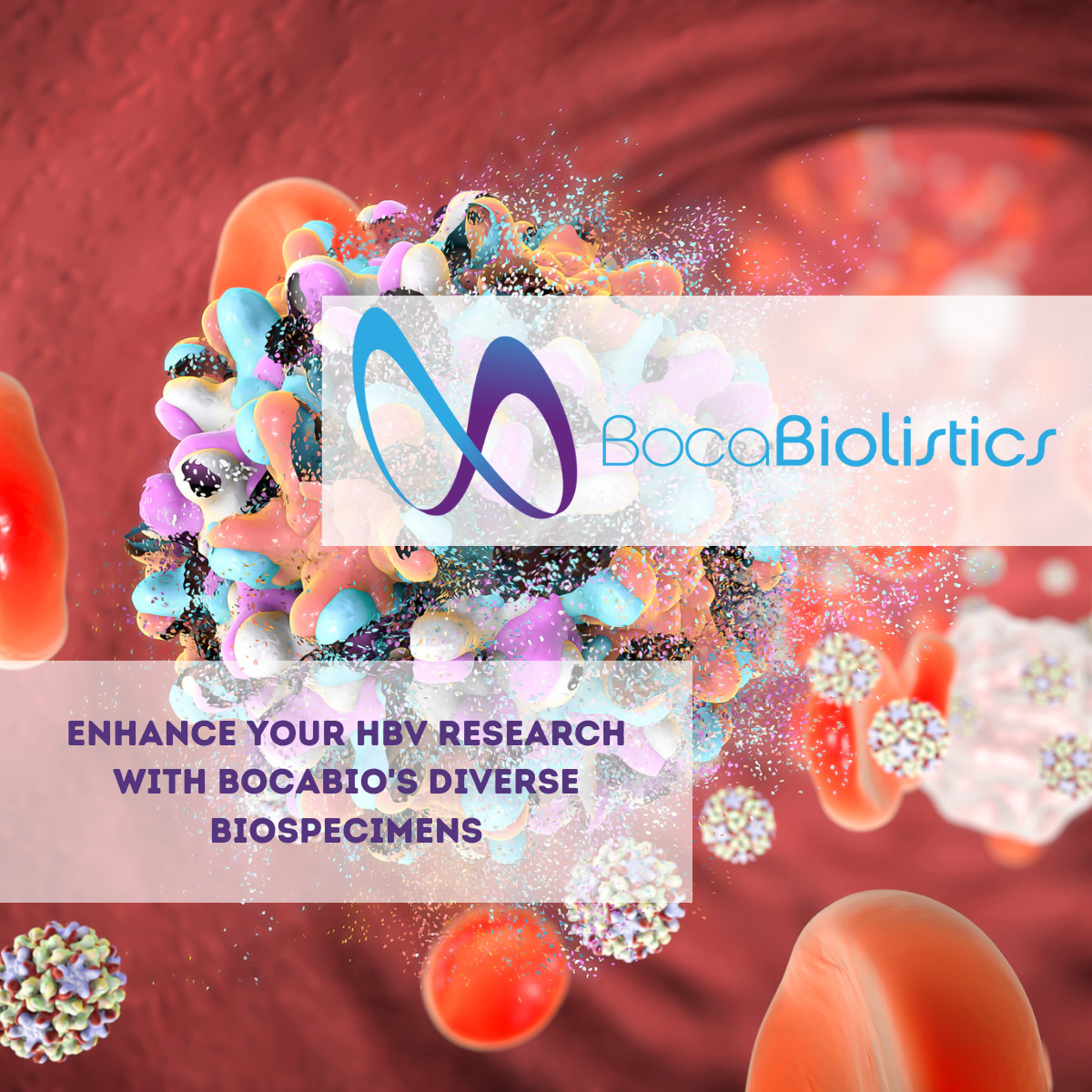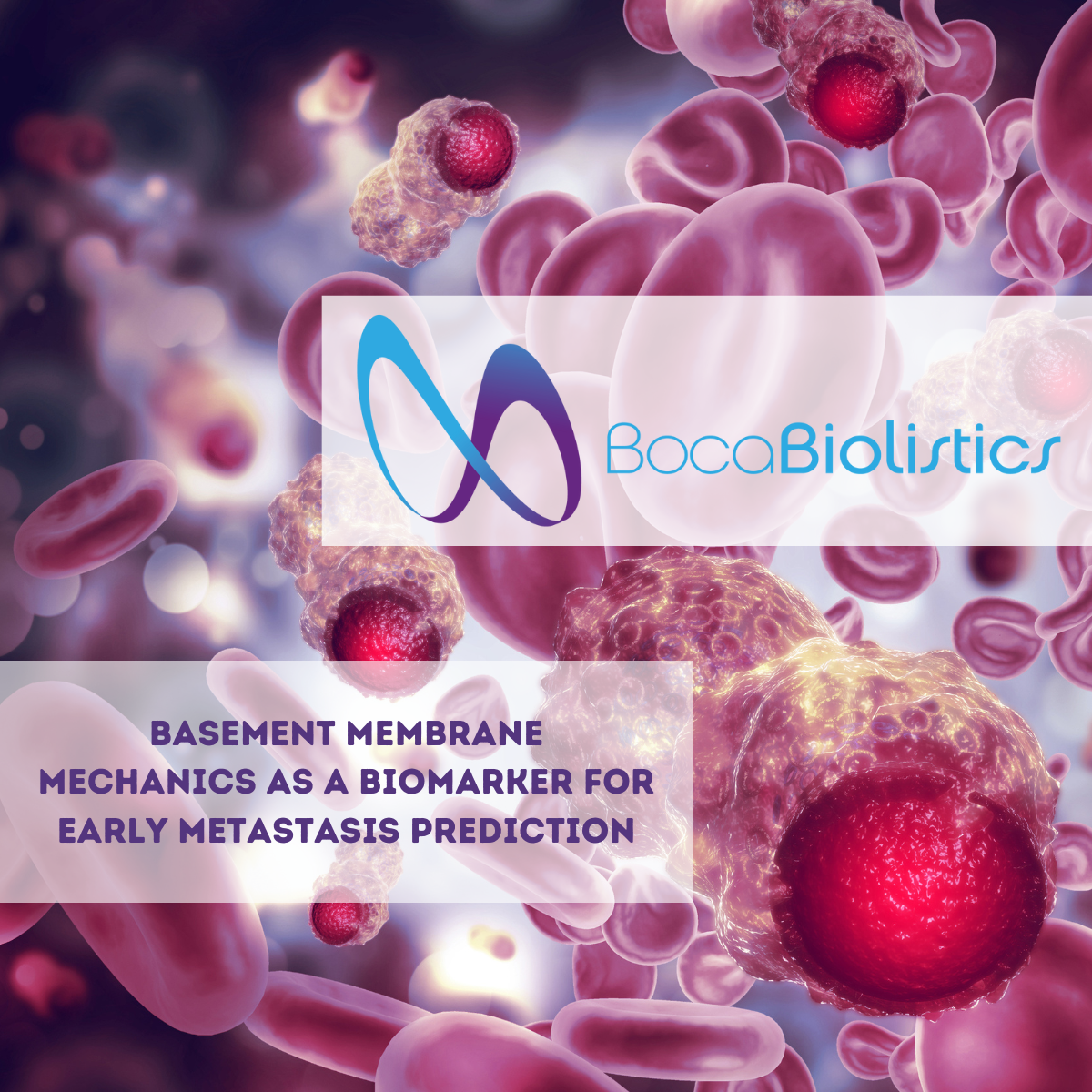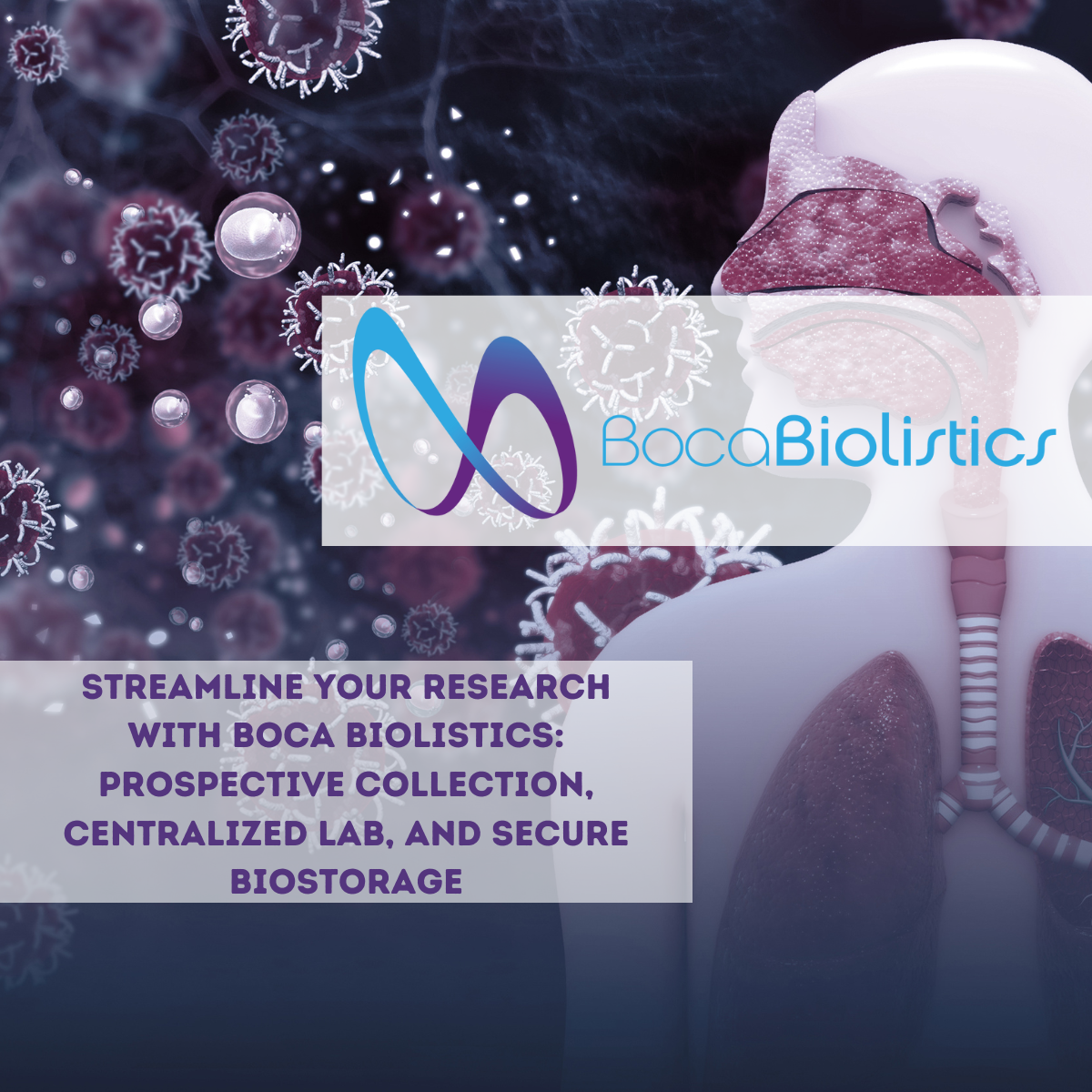Artificial Intelligence (AI) is a data analysis tool that is capable of mimicking human behavior and applying advanced cognitive abilities to rationalize actions. AI can analyze large datasets and produce new information that can aid in understanding various diseases. Artificial Intelligence has the potential to aid in the research and development of new treatment solutions for disease outbreaks, such as the COVID-19 pandemic.
Using AI for Data Mining and Analysis
The number of articles discussing various solutions to the COVID-19 crisis has grown exponentially since the disease became a pandemic. The NIH indicates that there over 28,000 articles on COVID-19, which are too many for researchers to peruse. However, new artificial intelligence (AI) tools promise to help healthcare professionals analyze the literature quickly.
In particular, new developments in natural language processing (NLP) and neural networks may enable researchers to find the most relevant studies and extract the finding without having to read the papers. Data mining tools create a knowledge base that researchers and clinicians can use to find the information they need to accomplish different tasks quickly. Developers are hopeful that these tools will help researchers focus on the most promising solutions.
In March 2020, the Office of Science and Technology Policy at the White House challenged AI innovators to develop data mining tools for COVID-19 papers through competitions known as the Kaggle challenge. The White House organizes competitions where the participants who give the best answers to COVID-19 related questions win a weekly prize of $1000.
The participants use information retrieval methods and deep neural networks to find the most relevant papers from large data sets. The first initiative involved compiling 13,000 papers, which AI successfully formatted for easier analysis. Researchers are impressed by the results noting that it would have taken them weeks to research and compile the data individually. The organizers hope to automate the process of aggregating the results.
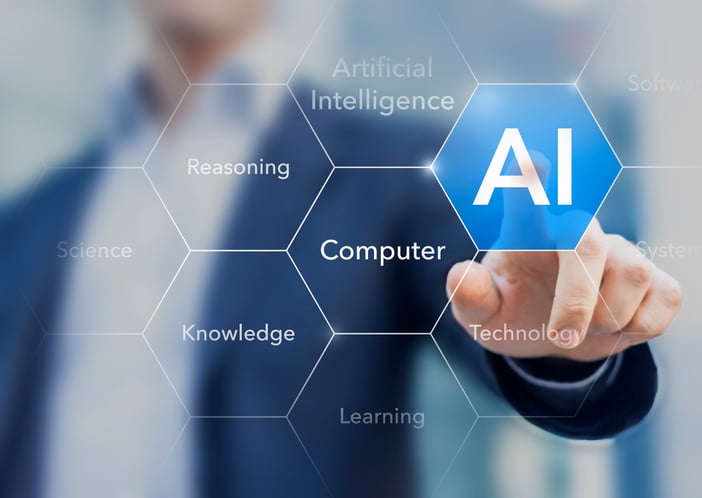
AI for Diagnosis
Research suggests that chest CT scans can be used to diagnose patients for COVID-19, initiate timely interventions, and contain the spread of the pandemic. The researchers who proposed this approach used AI to perform statistical analysis of 10 thousand chest CT scans of patients with viral infections, pneumonia, and other respiratory diseases. The approach produced better results than those of the five radiologists who participated in the study.
Meanwhile, research suggests that AI can help detect COVID-19 by recording the coughs of asymptomatic individuals. It does this by detecting subtle indicators in the coughing behaviors of infected persons using phones and laptops. The AI tool was able to identify 98.5% of the confirmed cases and 100% of the asymptomatic persons. The researchers want to turn the technology into an app that can be used by the general population.
AI for Drug Repurposing
Drug repurposing involves using existing drugs to manage or treat hard-to-treat diseases and emerging infections, such as COVID-19. This approach can help reduce the overall cost and time it takes to develop new drugs. Researchers can leverage AI and big data to repurpose existing drugs and turn them into therapeutic solutions for novel diseases with minimal error.
It is easier to repurpose approved or clinically failed drugs than introduce new drugs because such drugs have already undergone clinical trials. Pharmacologists have always advocated testing existing drugs for new applications. This approach informed the use of remdesivir for the management of COVID-19.
AI can aid in repurposing drugs by helping researchers understand the drug-target network of a particular drug. Through the use of neural networks, the target interaction of a drug can be assessed in an integrative environment. Advances in network medicine can help determine its interactions at the cellular level and provide valuable insights that will inform drug development and discovery.
Knowledge of the interactions between drugs and human diseases can facilitate the repurposing of existing drugs because a drug that targets a particular disease might target another by following a similar protein interaction network. For instance, systemic targeting of drugs that treat SARS-CoV-2 can provide a new strategy for repurposing SARS drugs to treat COVID-19.
Remdesivir is used to treat Ebola but was approved by the FDA as a remedy for severe cases of COVID-19. The approval was informed by research indicating that it affects the RNA molecules of COVID-19 viruses. Meanwhile, a study that employed machine learning showed that mefuparib inhibits the reproduction of the COVID-19 virus and that it is more potent than remdesivir.
Similarly, network analysis indicated that toremifene blocks infections of several viruses, including COVID-19. Network-based methodologies also indicated that drug combinations of sirolimus plus dactinomycin or teremifene plus emodin have the potential to cure COVID-19. Several other drug combinations are under trial.
Other Applications Of AI
AI can be used in the early detection and management of COVID-19. It can speed up the decision-making process. AI can also be used to monitor treatment by providing regular updates about the conditions of patients. It can be used for contact tracing by identifying hot spots and monitoring them. Finally, AI can be used make projections and forecasts of the pandemic and identify the most vulnerable populations.
Conclusion
AI tools not only make it easier for researchers to find relevant information but also exposes them to new knowledge they could not have accessed using traditional search methods. Researchers credit AI with enabling them to build a knowledge base that covers just about every aspect of the pandemic. At a time when every second counts, the AI tools help researchers and clinicians cut through the clutter and get to the heart of pressing problems.
AI can leverage big data from electronic health records to find effective candidates for repurposing. Real-world data provides a more representative patient population than randomized trials. Researchers can use such records to define control groups and compare them to treatment groups. Machine learning models can then be used to increase the accuracy of various measures of validity and efficacy.
BocaBiolistics is a hybrid CRO that uses a vertically integrated model to create a biorepostory for the life sciences. Contact us to leverage our massive datasets in your AI applications.



